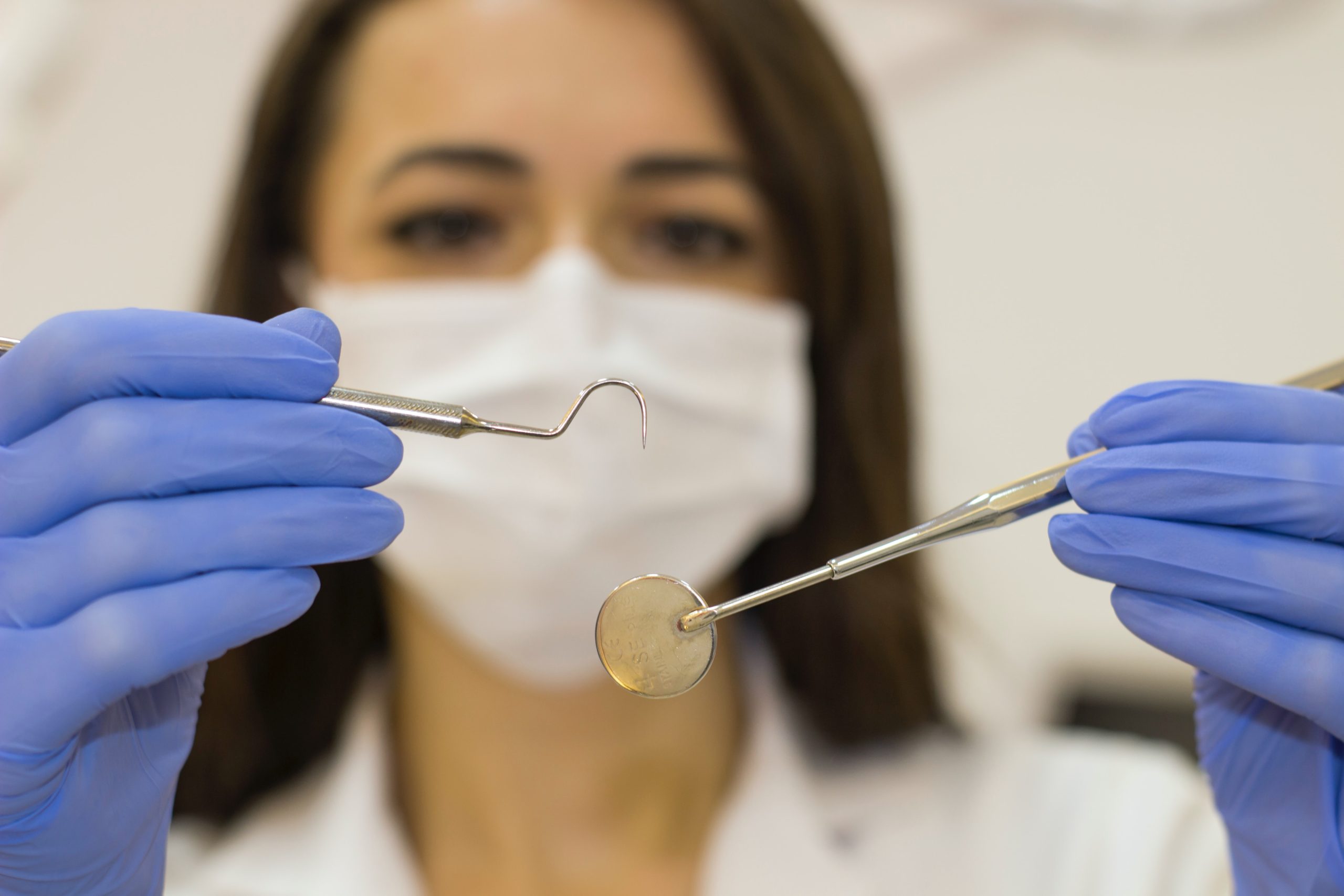
Does your mouth feel dry, even though you’re adequately hydrated? Then, you might be suffering from a condition known as xerostomia–or dry mouth. This condition can have serious consequences on your mental, social, and oral health.
At Magic Smiles Dental and Implant Centre, we understand the frustrations and dangers that come along with xerostomia. So, if you’re ready to get long-lasting relief from dry mouth, then request a consultation online at one of our three New South Wales dental clinics.
Understanding the symptoms and causes of xerostomia is key to treating the condition. Here, Dr. Arpit Pathak will tell you everything you need to know about dry mouth so you can reclaim your life and oral health.
Xerostomia Explained
Xerostomia is a condition in which the salivary glands produce limited moisture. In turn, the mouth cannot stay adequately lubricated for optimal health and function.
Dry mouth is extremely common, as research indicates that it may affect over half of the general population. For some patients, it is a minor inconvenience. For others, it can have a tremendous impact on their oral health.
Symptoms of Dry Mouth
As the name implies, dry mouth results in a parched sensation in the oral cavity. However, other symptoms may include:
- A sticky feeling in the mouth
- Stringy or thick saliva
- Difficulty swallowing, chewing, or speaking
- Changes in taste
- Issues wearing oral appliances, like dentures
- A dry or abnormally-textured tongue
- Hoarseness
- A sore throat
- Bad Breath
- An oral infection or mouth sores
If you’re suffering from one or all of these conditions, then it’s vital to contact Magic Smiles as soon as possible. Early treatment may prevent significant dental damage.
Causes of Dry Mouth
Many factors can limit saliva production, including:
- Medications: Antihistamines, pain medications, muscle relaxers, and anti-anxiety medications are just a few drugs that can restrict saliva production.
- Age: As we get older, our salivary glands struggle to produce sufficient moisture.
- Nerve damage: Trauma to the head and neck can garble neurological messages sent to the salivary glands.
- Cancer treatments: A common side effect of chemotherapy is xerostomia.
- Tobacco, alcohol, caffeine, and recreational drug use: These substances have a tendency to cause or worsen dry mouth.
- Certain health conditions: Autoimmune diseases, diabetes, stroke, and mouth breathing can all affect saliva production.’
Regardless of the cause, dry mouth can lead to extensive dental decay, gum disease, and even tooth loss. Subsequently, patients should be proactive in seeking dry mouth remedies.
How to Treat Xerostomia
There are several ways you can deal with xerostomia, such as:
- Drinking more water throughout the day
- Limiting caffeine, alcohol, tobacco, and recreational drug use
- Chewing sugar-free gum or sucking on sugar-free candies and cough drops
- Using over-the-counter saliva substitutes or a xylitol-based mouthwash
- Using a humidifier in your home
- Getting a prescription medication to increase saliva production
Schedule a Consultation for Dry Mouth Today
Addressing dry mouth at a routine dental checkup is a great first step toward treating the condition. Our compassionate team will gladly help you find a suitable, long-lasting solution to increase your saliva production. So, stop living with xerostomia, and start seeking treatment today.
Patients can contact our team online here, or they may call one of our three Magic Smiles locations in:
- Woolgoolga: (02) 6654-0650
- Coffs Harbour: (02) 6652-3242






Recent Comments